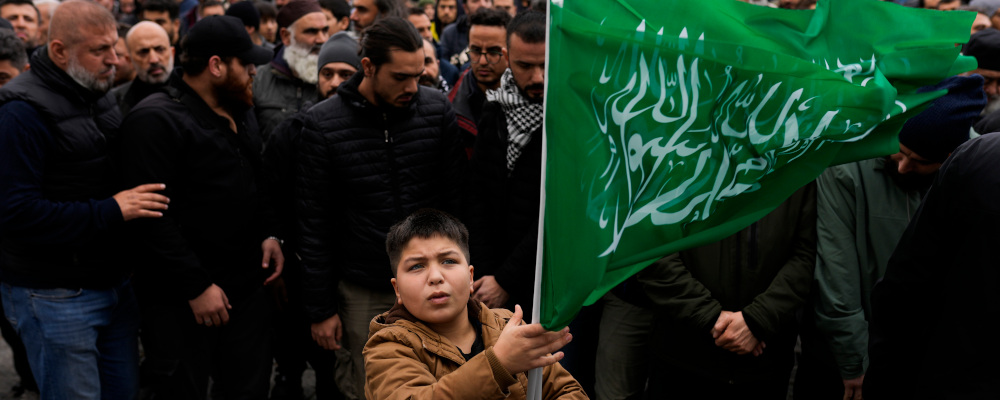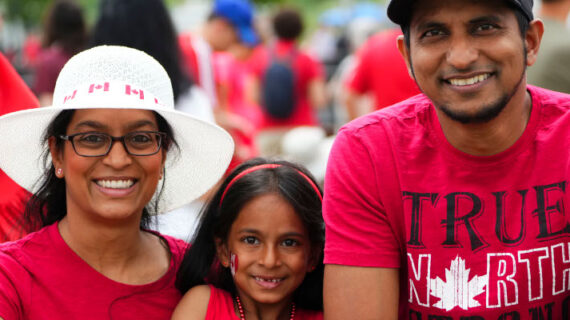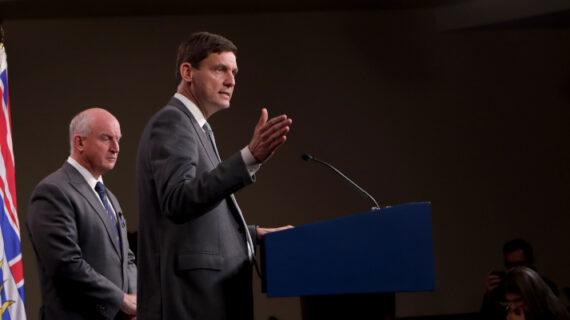In the latest Hub book review, Patrick Luciani reviews The Rebel’s Clinic: The Revolutionary Lives of Frantz Fanon by Adam Shatz (Farrar, Straus and Giroux, 2023) and traces the connections between the writings of Frantz Fanon, the academic embrace of anticolonialist theory, and the support of violence and terror by some on the Left.
If we want to understand the violence perpetrated by Hamas and those who supported it, we have to understand the political motivation behind the attack. For that, we need to understand the mind of Frantz Fanon.
Not a name known by the general public, but certainly known in the academy in post-colonial studies and political theory. A new biography by Adam Shatz’s beautifully written and well-researched book, The Rebel’s Clinic, gives us a highly literate account of Fanon’s life that brings us closer to understanding how Fanon became an icon of the left and the justification for violence in his classic work, The Wretched of the Earth, published just before he died of leukemia at the age of 36 in 1961.

Fanon’s book did not go unnoticed. It was widely translated and “cited worshipfully” by radical movements, including the Black Panthers, the Black Consciousness Movement in South Africa, Latin American guerillas, Islamic revolutionaries of Iran, and the Palestinian Liberation Organization.
Born in Martinique in 1925, Fanon fought for the French against the Nazis in 1944 as a French citizen. Despite being a decorated soldier, he realized his blackness when white French women refused to dance with him in celebration after the war. His 1952 book Black Skin, White Masks chronicles the hardships of a Black man putting on disguises to survive in a white world.
Fanon went on to study medicine in Lyon and practiced psychiatry in the French colony of Algeria. There, he treated the victims of the struggle for freedom and realized that violence lies at the heart of colonialism. These themes would consume the rest of his life.
For Fanon, physical violence and severe mental and emotional harm define the natural state of colonial rule. This violence is further compounded by the reduction of the native to a lower form of a human. He saw a Manichean world split between good and evil with no chance of mutual understanding, compromise, or peaceful coexistence. The colonizer is “the corrosive element, destroying all that comes near him.” Under these conditions, violence is a natural and logical reaction to the violence that the colonialists bring to their colonies.
Shatz’s biography shows that Fanon truly believed in the regenerative potential of violence and the mass killing of Europeans as beneficial medicine for the colonized; further, it would liberate the white man from his awful identity. In his famous introduction to Fanon’s Wretched of the Earth, Jean-Paul Sartre aggressively supported the need for violence, saying, “To shoot down a European is to kill two birds with one stone: there remains a dead man and a free man.” Fanon went on to serve the FLN (Front de Libération Nationale) as an ambassador throughout Africa while raising funds for the liberation of Algeria.
Independence may bring some form of moral compensation, but benefits are often short-lived. That was the case after Algeria became independent in 1962, a year after Fanon’s death. His dream of a free, democratic country fell apart under radical Islamism. Citizenship was restricted to Muslims only while almost one million pieds noirs left, along with most of its Jewish population that had been in Algeria since the times of the Romans. The misery for Algeria did not end there as tens of thousands of Algerian peasants were slaughtered for their association with the French, the very people Fanon idolized in leading the revolution. Fanon’s vision of a “new man” rising from the ashes would have to wait another time.

What didn’t wait was the zeal of revolutionary groups around the world, which took up Fanon’s passion for using violence to justify their cause for liberation, especially in the Middle East, where Zionism is now seen as the new settler colonialism. In a world split between settler-colonized and post-colonized nations, violence seems acceptable and justified after Fanon who gave if not his permission then a rationale for indiscriminate destruction. In Canada, the burning of dozens of churches was covered by the media as a natural reaction to the rumours of mass graves of First Nation children at residential schools.
Not all intellectuals concerned with the liberation of African nations sided with Fanon’s methods of political salvation. Hannah Arendt’s essay “On Violence” was a direct response to Fanon’s vogue appeal to New Left radicals. She made the point that violence is not power but the absence of it. Through his writings on anti-colonialism, Albert Memmi—a Tunisian Jew and novelist and one-time supporter of Fanon—came to realize that the struggle for meaning is not found solely in the social and political struggle against colonialism but also in the need for “inner emancipation,” a message hardly conducive to modern post-colonial studies.
But after five decades of post-colonial studies and courses on French existentialist thought, moral relativism, anti-western and Eurocentrism, Marx and Gramsci, historicism, and critical race theory (an idea inspired by Fanon’s writing) many students were uncritically conditioned to side with the terror of Hamas.




